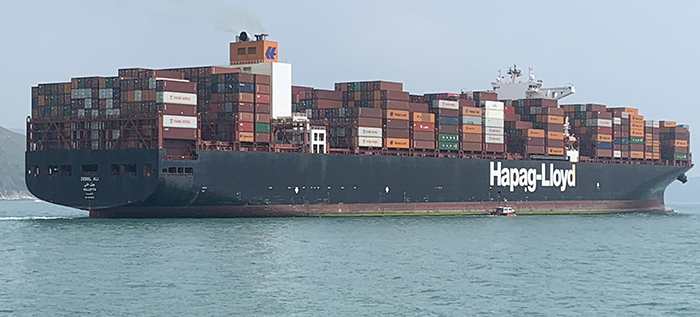The UK Government’s new Global Tariff Schedule will help protect producers from cheaper pork imports, although much will ultimately depend on the nature of future trade agreements with the likes of the EU and US, according to AHDB analyst Bethan Wilkins.
The UK Government announced the new tariff regime on Tuesday. It is designed to replace the EU external tariff regime when we leave the Customs Union at the end of the year. The tariffs would apply to all third country imports into the UK, except for those delivered under free trade or other similar agreements.
The tariffs on pork are higher than those published in the emergency ‘no deal’ schedule last year, following lobbying from farming organisations who warned that reducing tariff rates in this way would expose UK farmers to cheaper imports produced to lower standards than permitted here.
“Tariffs on domestic pigs and most pork products will remain equivalent to the existing tariffs implemented under the EU regime,” Ms Wilkins said.
“There has been some minor downward simplification of tariffs on some processed products. Overall, there remains a significant level of protection from imported pork, though of course the actual level of market access potential suppliers have will depend on how trade agreements with the EU and US develop.”
Ms Wilkins highlighted the political context to the announcement. “Politically, the government will want to maintain the incentive to achieve a deal with the EU as well as favourable trading conditions with other key nations in the future,” she said.
“With this in mind, it is important to remember that upon leaving the Customs Union, we would be able to amend the proposed tariffs if a need to do so arose.
“The UK is a significant net importer of pork and without low/zero tariff access for some key suppliers, pork prices for consumers would rise.”




